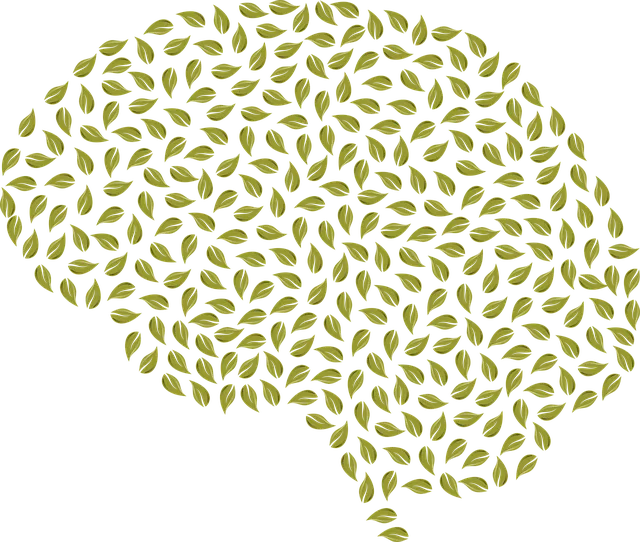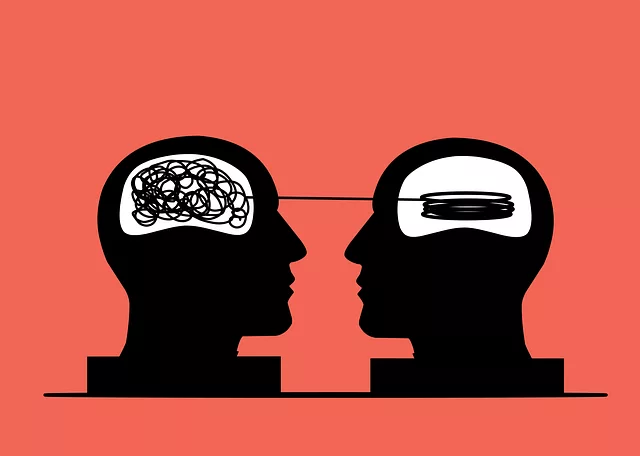Kaiser Permanente mental health Northglenn offers Social Skills Training (SST), an evidence-based program empowering individuals with mental health conditions to navigate social interactions effectively. Through structured group sessions, participants learn communication, assertiveness, and emotional regulation skills, reducing stigma, improving self-esteem, and fostering better connections within the community. SST boosts confidence in managing diverse social settings, promoting holistic well-being and personal growth for those struggling with anxiety, depression, ASD, schizophrenia, and other disorders. Personalized programs, safe environments, and culturally sensitive approaches enhance program effectiveness, leading to improved mental health outcomes and opportunities for career advancement.
Social skills training is a powerful tool in managing mental health conditions, offering individuals a chance to navigate social interactions with confidence. This article explores how programs like those provided by Kaiser Permanente Northglenn can significantly improve mental well-being. We delve into the benefits for various disorders, key program components, and inspiring success stories. Understanding social skills training is essential in recognizing its role as a game-changer in mental health support.
- Understanding Social Skills Training for Mental Health Conditions
- The Role of Kaiser Permanente Northglenn in Mental Health Support
- Benefits of Social Skills Training for Various Mental Health Disorders
- Components of Effective Social Skills Training Programs
- Success Stories and Real-Life Impacts of Social Skills Training
Understanding Social Skills Training for Mental Health Conditions

Social Skills Training for Mental Health Conditions plays a pivotal role in empowering individuals managed by Kaiser Permanente mental health Northglenn. This structured approach focuses on teaching and reinforcing essential social interaction abilities, addressing common challenges faced by those struggling with mental illness. By participating in these training programs, folks can learn to navigate interpersonal relationships more effectively, fostering better connections and improving their overall well-being.
The process often involves group sessions where participants practice communication strategies, assertiveness techniques, and emotional regulation skills. These activities aim not only to reduce the Stigma Reduction Efforts surrounding mental illness but also to enhance Self-Esteem Improvement and facilitate Self-Care Routine Development for Better Mental Health. Through role-playing scenarios and real-life examples, individuals gain confidence in managing social situations, leading to more fulfilling interactions and a stronger sense of community.
The Role of Kaiser Permanente Northglenn in Mental Health Support

Kaiser Permanente Northglenn plays a pivotal role in providing comprehensive mental health support to its community. As a leading healthcare provider, they understand the interconnectedness of physical and mental well-being. Their dedicated team offers specialized services tailored to individual needs, focusing on evidence-based practices such as Compassion Cultivation Practices and Mind Over Matter Principles.
Through various initiatives, Kaiser Permanente Northglenn fosters an environment conducive to healing and growth. They facilitate Social Skills Training programs that empower individuals with strategies for effective communication and relationship building, which are essential components of self-care routine development for better mental health. By integrating these practices, the healthcare provider ensures holistic care, addressing both the mind and body, ultimately enhancing the overall well-being of its patients.
Benefits of Social Skills Training for Various Mental Health Disorders

Social Skills Training (SST) offers significant benefits for individuals living with various mental health disorders, as recognized by organizations like Kaiser Permanente mental health Northglenn. SST is a structured approach designed to enhance social interactions and communication skills, which are often affected by conditions such as anxiety, depression, autism spectrum disorder (ASD), and schizophrenia. By participating in these training programs, individuals can develop essential life skills that contribute to improved self-esteem, increased confidence, and better overall mental wellness.
The process involves learning practical strategies for initiating conversations, maintaining eye contact, interpreting social cues, and responding appropriately in different social settings. This development is crucial for building resilience, as it equips individuals with the tools to navigate social environments independently, reducing feelings of isolation and loneliness commonly associated with many mental health conditions. Additionally, SST often incorporates mental wellness coaching programs and journaling exercises to reinforce positive behaviors and track progress, fostering a sense of accomplishment and self-awareness that is beneficial for long-term mental health management.
Components of Effective Social Skills Training Programs

Effective social skills training programs for mental health conditions should include several key components, as highlighted by Kaiser Permanente mental health Northglenn. Firstly, they must be tailored to address specific needs and challenges faced by individuals with various mental health diagnoses. This personalization ensures that the training is both relevant and impactful, catering to unique personal and cultural backgrounds. Secondly, these programs should foster a safe and supportive environment where participants feel comfortable practicing new skills without fear of judgment.
Additionally, incorporating elements like positive thinking exercises, public awareness campaigns development, and cultural sensitivity in mental healthcare practice can significantly enhance the training’s effectiveness. These components not only promote self-awareness and confidence but also encourage empathy and understanding among trainees, ultimately leading to improved social interactions and better mental health outcomes.
Success Stories and Real-Life Impacts of Social Skills Training

Social Skills Training has proven to be a game-changer for many individuals dealing with mental health conditions. At Kaiser Permanente Mental Health Northglenn, we’ve witnessed numerous success stories that highlight the real-life impacts of this approach. Many clients have reported improved confidence and assertiveness in social settings, leading to enhanced relationships and a greater sense of belonging.
One client, who struggled with severe anxiety, shared their transformation after participating in our program. They described feeling empowered to engage in conversations, initiate friendships, and navigate social gatherings without the overwhelming fear that once plagued them. This shift not only improved their mental health but also contributed to a significant reduction in the stigma associated with mental illness. Through these training sessions, individuals develop inner strength, learning coping strategies that foster resilience and enable them to thrive in various aspects of life, including personal growth and career advancement.
Social skills training is a powerful tool in the management of various mental health conditions, as highlighted by the successful initiatives at Kaiser Permanente Northglenn. By focusing on improving communication, empathy, and social interaction, these programs offer lasting benefits that extend beyond the therapeutic setting. The integrated approach, tailored to individual needs, ensures that participants gain confidence and independence, ultimately enhancing their overall well-being. With compelling success stories circulating, it’s evident that social skills training is a game-changer in mental health support, making it an essential component of comprehensive care, especially when delivered by leading healthcare providers like Kaiser Permanente.






